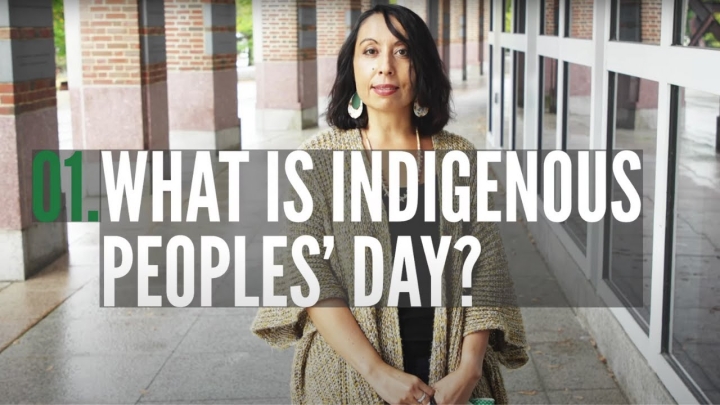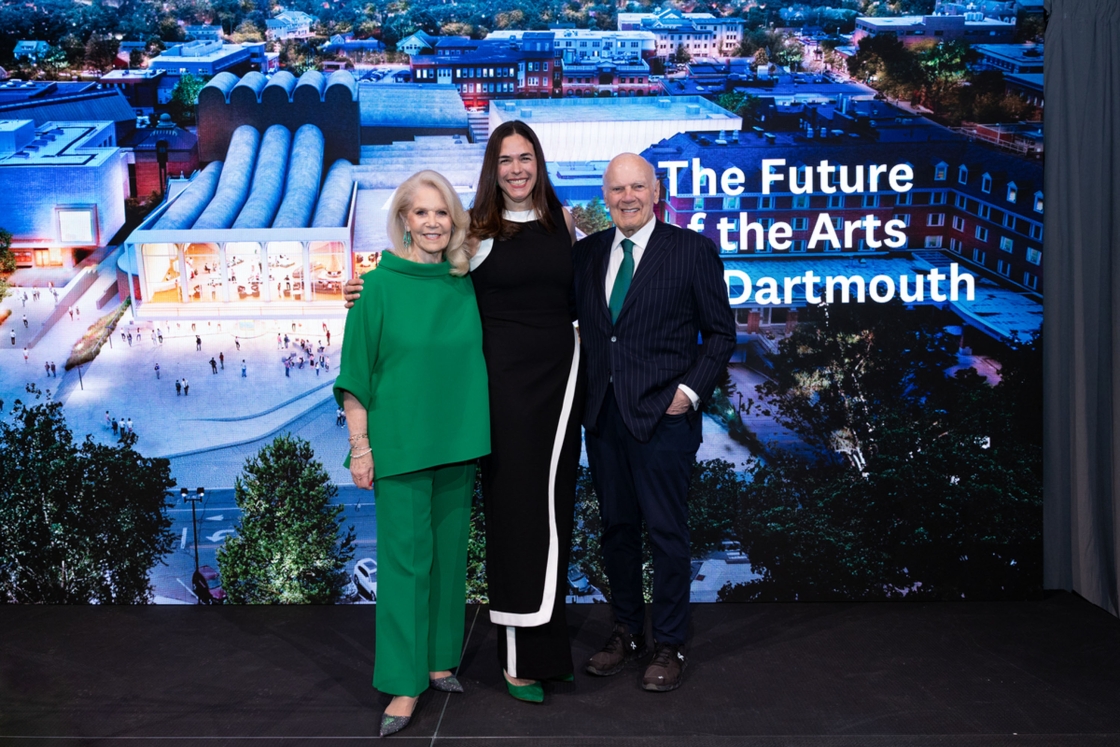This year’s celebration of Indigenous Peoples Month features more than a dozen events related to indigenous health. The series—Indigenous Health Sovereignty: The Duality of Science and Traditional Knowledge—is being coordinated by the Native American Program.
The theme recognizes that “for a good portion of history,” Indigenous people have not always had access to good healthcare, says Sarah Palacios, the Native American Program’s director.
It also acknowledges a false divide between the use of traditional and Western medicines, Palacios says. “Indigenous health isn’t about either Western medicine or traditional knowledge. It’s a duality. They coexist.”
In addition to activities organized by the Native American Program, the series also incorporates programs sponsored by other campus partners, including Native Americans at Dartmouth , Hopkins Center for the Arts, and the Hood Museum of Art.
It continues on October 12 with these events:
- 4-5 p.m. Stop by Moore Plateau to pick up a wellbeing kit that includes supplies for making mint essential oil, and origami mask templates designed by artist Darby Raymond-Overstreet ’16. On-campus social distancing requirements are mandatory.
- 6 p.m. A pre-recorded discussion from Nicholas Reo, an associate professor of environmental studies and of Native American studies, and members of the Native Americans at Dartmouth executive board focuses on health and wellness in Indigenous communities.
- 8-10 p.m. Screenings of the Emmy-winning film Dawnland and the film Dear Georgina will be followed by a live Q&A that includes Dawnland co-producer Bruce Duthu ’80, the Samson Occom Professor of Native American Studies. The event is free, but registration is required.
The series kicked off on Oct. 8 with a panel discussion celebrating Indigenous leaders in STEM fields: surgeon Lori Alvord ’79; NASA engineer Aaron Yazzie; astronomy major Ian Stiehl ’22; and computational scientist Kai Orton. (A recording of the discussion is available online.)
While Indigenous people are doing amazing work in science and technology, their lack of representation in the media makes it difficult to see their contributions, Palacios says. Their involvement in medicine and other STEM fields is “vital,” allowing for diverse viewpoints and promoting the understanding that far more research is needed about Indigenous peoples’ health concerns.
A mask-making workshop by Abbi Fitzpatrick ’22 and Raymond-Overstreet this afternoon explored the science behind how masks protect wearers from illness. (To access the video recording, email the Native American Program.)
During the pandemic, some well-known Indigenous artists have been incorporating masks into their work, and various tribes have worked individually and collectively to promote mask wearing, Palacios says. And those efforts should be celebrated.
There is such a value in seeing masks used by “people who are like you,” she says. “And really feeling like it is something that has been indigenized.”
Indigenous Peoples Month events will continue through mid-November. The complete schedule is available on the Native American Program website.
Aimee Minbiole can be reached at aimee.minbiole@dartmouth.edu.

